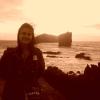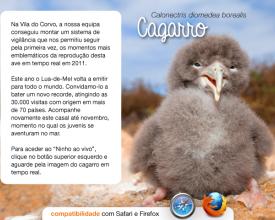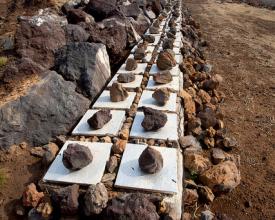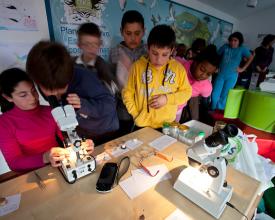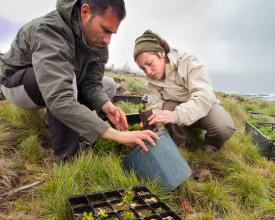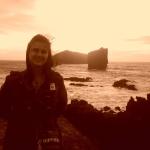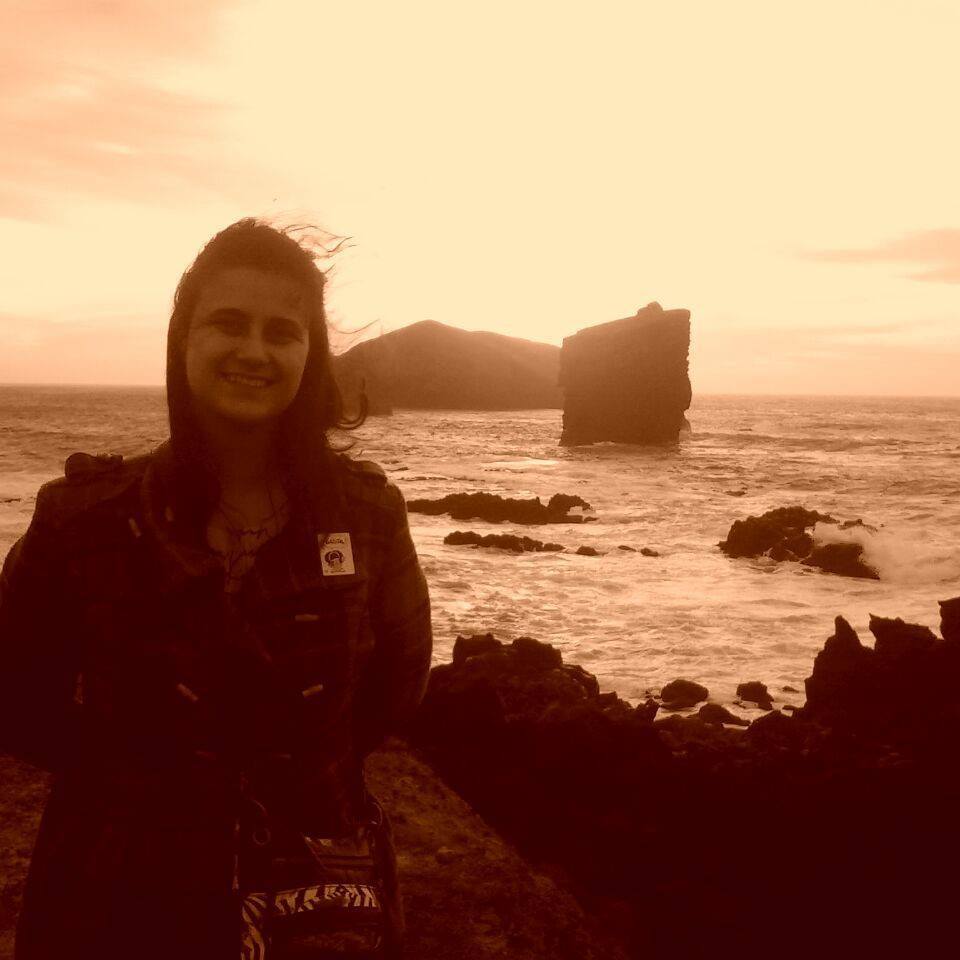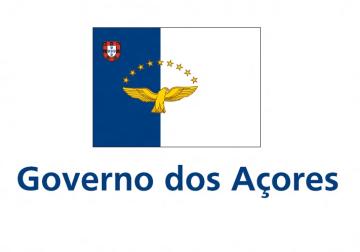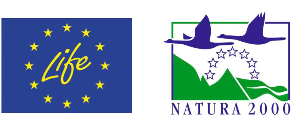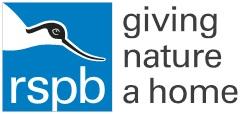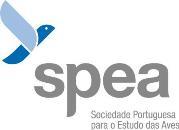
Safe Island for Seabirds
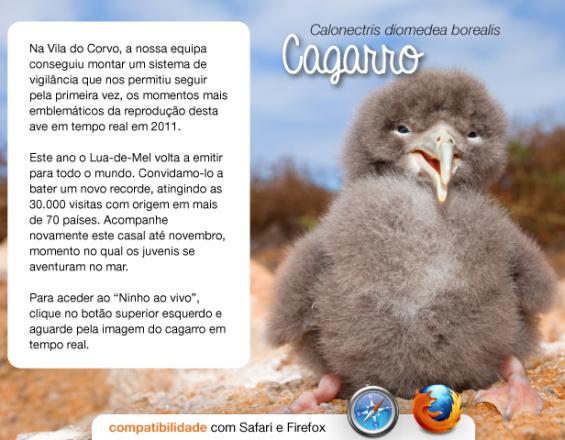
The Safe Islands for Seabirds project took place in Corvo island and Vila Franca do Campo Islet (VFCI) in São Miguel island in the Azores. It was a pioneer project for the conservation of seabird colonies trough habitat restoration and control and eradication of invasive alien species (IAS).
This project assessed the impact of predators on seabird reproduction and tested several methods in order to reduce that impact. One of the most innovative solutions was a pest-free fence installed in the “Corvo Biological Reserve”, that was cleaned from predators and restored to the natural habitat. Also, habitats were restored in a higher altitude reserve and at the restricted area of VFCI. Habitat restoration allowed seabirds a better access to the burrows, but also artificial nests were built to increase nesting availability.
Education and awareness rising were also of high importance for the project. In the after-LIFE, restored areas were regularly maintained and educational actions continued.
Impacts
Assessment of predation impact on seabirds showed that cats are responsible for 84% of the predation events of Cory’s shearwater chicks and seabirds represent 10.6%of Black rat diet in Corvo. During the project, 51% of the domestic cats and 40% of the feral cats were neutered.
The first 100% pest-proof fence in Europe was built, house mice were eradicated and habitat was restored. Cory’s shearwater chicks were translocated with 90% fledging successfully and they are expected to return to breed in the next 6 to 7 years.
Habitat restoration was conducted by controlling invasive alien plants.. More than 23,000 native and endemic plants were planted (12,300 on Vila Franca do Campo Islet, 7,300 in the Corvo Biological Reserve and 3,500 in the Altitude Biological Reserve). Also, 400 artificial nests were built for the target species.
All the Corvo inhabitants were involved and supported the project and all students participated in the Environmental Education Programme. Over 800 Cory’s shearwater juveniles were saved and a breeding pair was followed live by over 25,000 people in more than 70 countries.
The first public recycle bins of Corvo were installed and 150 individual recycle bins were delivered to every household in Corvo.
This project allowed creating 4.5 direct annual jobs and 1.5-2.5 indirect ones in the region and contributed with 0.81% of the island Gross Domestic Product.
